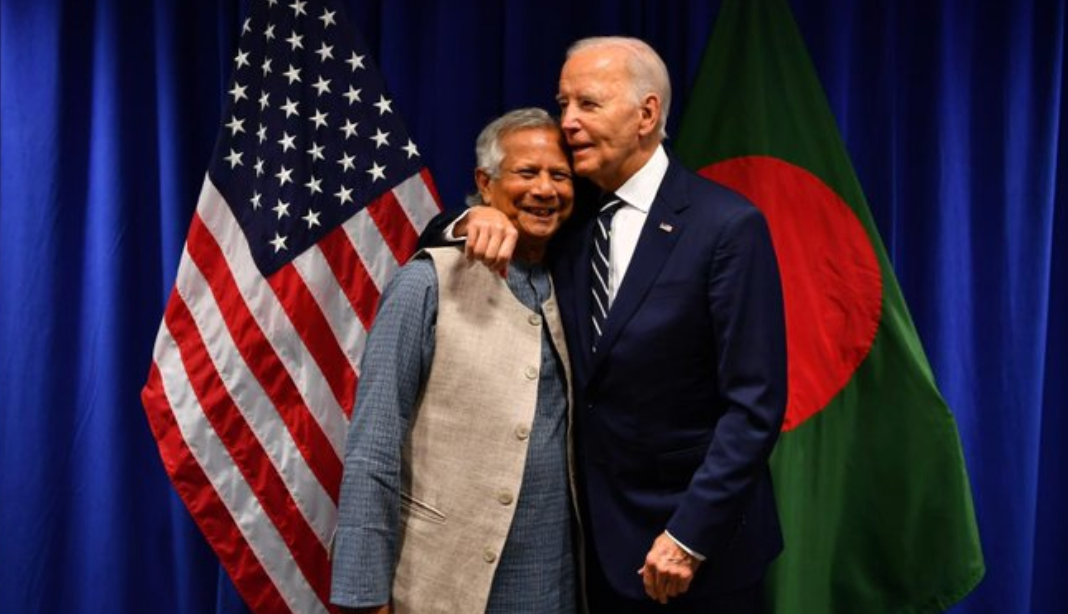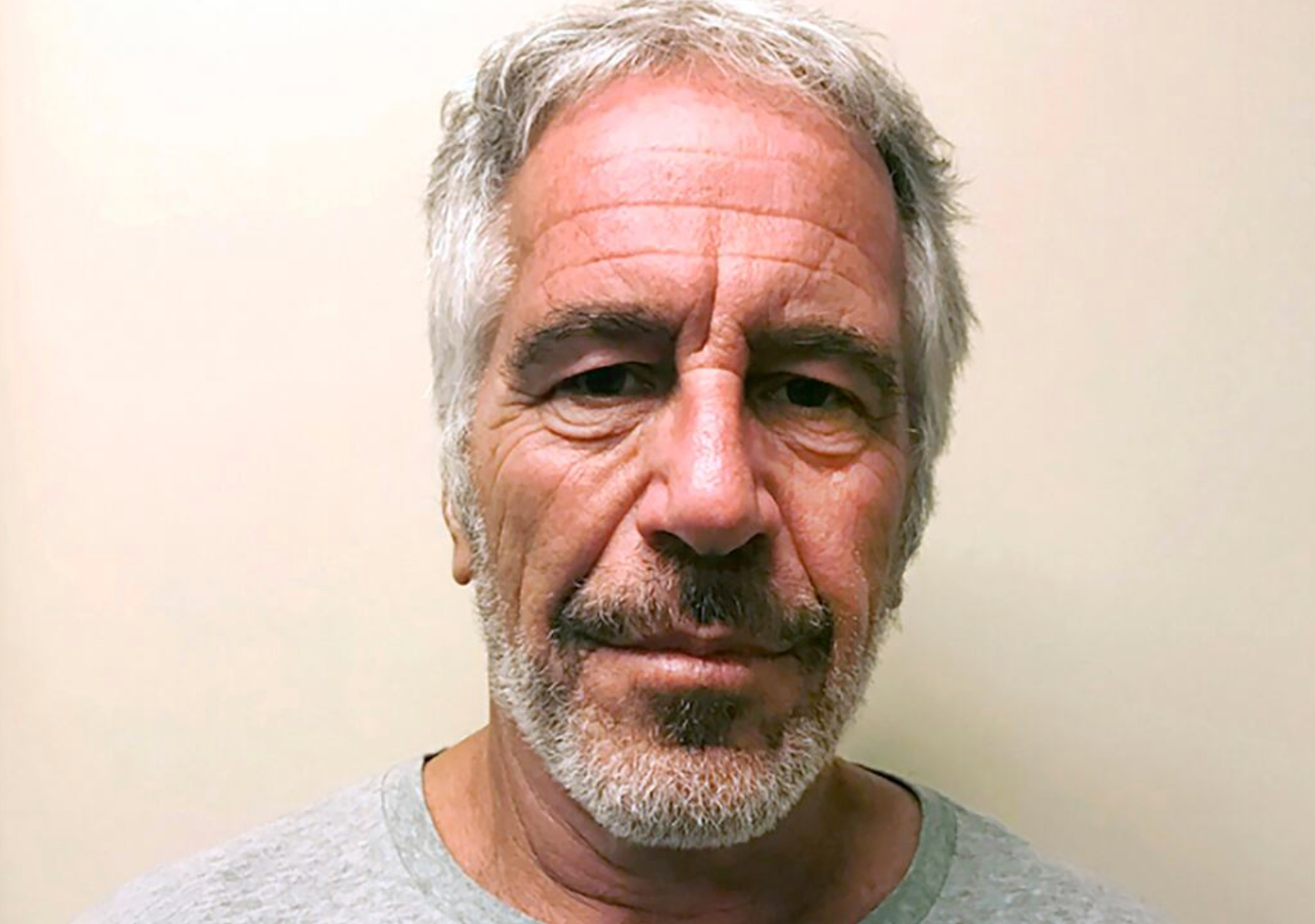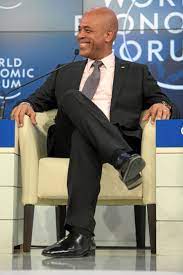TikTok ban is not to protect Americans. It’s a tactic directly from China’s playbook
May 21, 2024
The US Government Has No Credibility with the American People on This Issue, But There are Legitamate Concerns
Edward Snowden leaks
Eleven years ago, the Edward Snowden leaks led to some positive reforms that protect against the government abusing our civil rights. However, Section 702 of the Foreign Intelligence Surveillance Act (FISA) continues to be routinely exploited by the U.S. intelligence community to conduct warrantless surveillance of American citizens.
Section 702 allows the intelligence community to monitor digital communications of non-U.S. citizens outside of America. However, American citizens often communicate with people outside of the U.S. and this program provides a backdoor for law enforcement to violate the Fourth Amendment. The NSA gathers this data and then law enforcement agencies can query the data. In 2021 alone, the FBI conducted up to 3.4 million warrantless searches of Section 702 data.
This is the program that former Director of National Intelligence (DNI), James Clapper, infamously testified to Congress that the NSA does not collect data on millions of Americans, “not wittingly.”
The impropriety is clear as there are documented examples of the FBI using this information to illegally investigate a U.S Senator, a judge, Black Lives Matter protesters, among other scandalous behavior. That’s why the vast majority of Americans support discontinuing this program.
The Speaker of the House, Mike Johnson, was also a prominent critic of the program but he flip-flopped in April after receiving a private intelligence briefing. In fact, he placed the decisive tie-breaking vote (212 to 212) that blocked a warrant requirement for these searches.
Was the TikTok Ban Legal?
While in the White House, Donald Trump signed an executive order in August 2020 to ban TikTok in 45 days if the company’s foreign ownership wasn’t divested. However, a few months later, a federal judge blocked the ban from taking place. He ruled that the executive order was “arbitrary and capricious.” Similarly, eight of TikTok’s founders filed a lawsuit this month against the government contesting that the ban is a violation of the First Amendment.
Donald Trump, a long-time proponent of hard-ball tactics against China, has since switched his stance on a TikTok ban. Trump’s change of heart was likely prompted by one of the Republican party’s top donors, Jeff Yass. His firm owns roughly 15% of TikTok’s parent company, ByteDance, worth about $40 billion.
Is TikTok a Chinese Company?
TikTok's CEO Chew Shou Zi was grilled by Congress with a variety of questions regarding its ties to China. TikTok is based in Singapore and Culver City, California. Sixty percent of the shares are owned by institutional investment firms. A group of TikTok employees worldwide own 20% of the company. Another 20% of the company is owned by its parent company, ByteDance, which is based in Beijing, China. That’s where the complexity lies.
There is cause for concern because there is an inherent connection between Chinese private businesses and their government. The Chinese government passed a law in 1993 that requires all companies based in China to allow the Chinese Communist Party (CCP) to have a presence within their operations.
That influence is apparent. The Australian Strategic Policy Institute found records of an internal meeting between ByteDance management and CCP officials. The editor-in-chief at the company asserted that the CCP should “take the lead” across “all product lines and business lines” to make sure the algorithm has the “correct political direction” and “values.” At the same meeting, the vice president of products, said that the app should match users’ profiles and “highlight socialist core values.” That same report documented multiple examples of TikTok manipulating its algorithm to achieve a political agenda.
Another concern is whether TikTok is a backdoor spying device for the Chinese government. The directors of the FBI, CIA, NSA, and DNI have all asserted that TikTok is a threat to America’s national security. However, these threats, as of today, are hypothetical. The intelligence community hasn’t provided concrete examples of TikTok being used in an act of aggression.
There isn’t a full separation between TikTok and ByteDance. Buzzfeed News published a scoop in June 2022 based upon leaked audio from more than 80 internal TikTok meetings and it showed that China-based employees of ByteDance often obtained nonpublic data about American TikTok users. A more disturbing report from December 2022 found that ByteDance employees in China used TikTok to access the location information of American journalists.
Currently, TikTok’s user data is stored on servers in Virginia and its backup storage is in Singapore. But, in January 2023, TikTok proposed “Project Texas,” which entailed the creation of a new subsidiary, TikTok U.S. Data Security Inc. (USDS). This subsidy only employs U.S. citizens and is supposed to act as an independent buffer to audit against manipulation of its algorithm, having Oracle host all the U.S. data, among other reforms. Some good-faith steps have been implemented, but this project is not yet complete.
Personal Freedom Issue
Several countries have already issued either a partial or full ban of TikTok:
Afghanistan, Australia, Belgium, Canada, Denmark, European Union, France, India, Indonesia, Latvia, Nepal, Netherlands, New Zealand, Norway, Pakistan, Somalia, Taiwan, United Kingdom.
We have to ask ourselves if this is the direction that we want for our country. There are 170 American TikTok users. There should be no problem with Congress taking action to reform the ways that children can access and use the app. After all, the anecdotal evidence shows so many negative consequences from over-indulging in this app. That’s why the Chinese equivalent app of TikTok, Douyin, has a different algorithm and children are limited to 40 minutes per day. With that said, an American adult should be able to use whichever social media apps they choose, no matter the company’s questionable background.
Congressional and media attention on TikTok seems to have negated the fact that American social media companies aren’t trustworthy either. Congress heard testimony from the former Deputy Director of the CIA, Michael Morell, who explained that the current U.S. Secretary of State and then senior advisor to the Biden campaign, Antony Blinken, was the instigator behind the false claim that the New York Post’s reporting about Hunter Biden was Russian propaganda. Fifty-one national security officials signed a letter incorrectly labeling the story as Russian disinformation. Consequently, Twitter blocked the story from being shared and Facebook reduced its visibility during the last days of the 2020 election cycle. Even more stunning is that this happened after the FBI verified the authenticity of the Hunter Biden laptop report.
To sum up, all of the social media companies have repugnant qualities but the difference between TikTok is that it is outside of the American government’s sphere of influence…at least for the time being.









